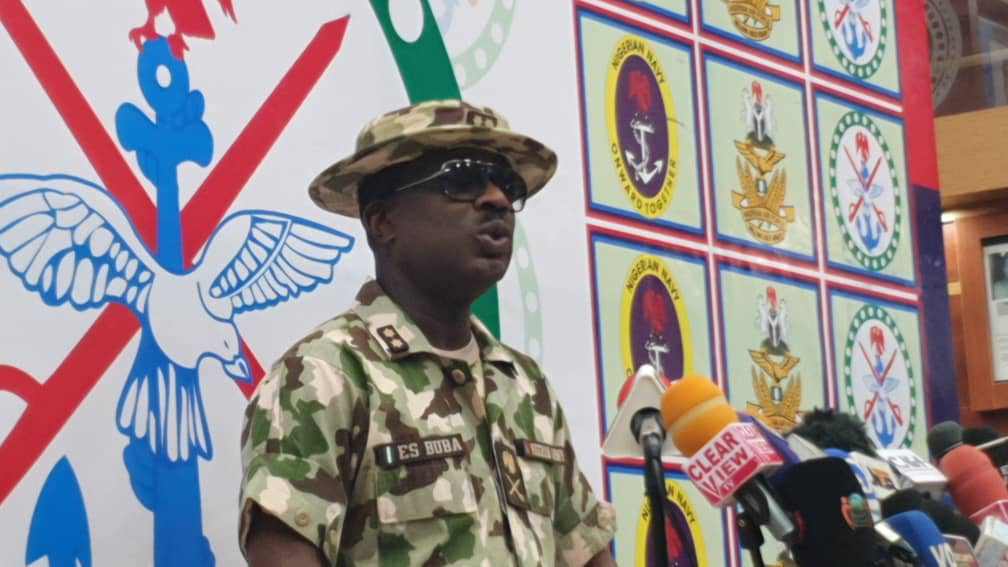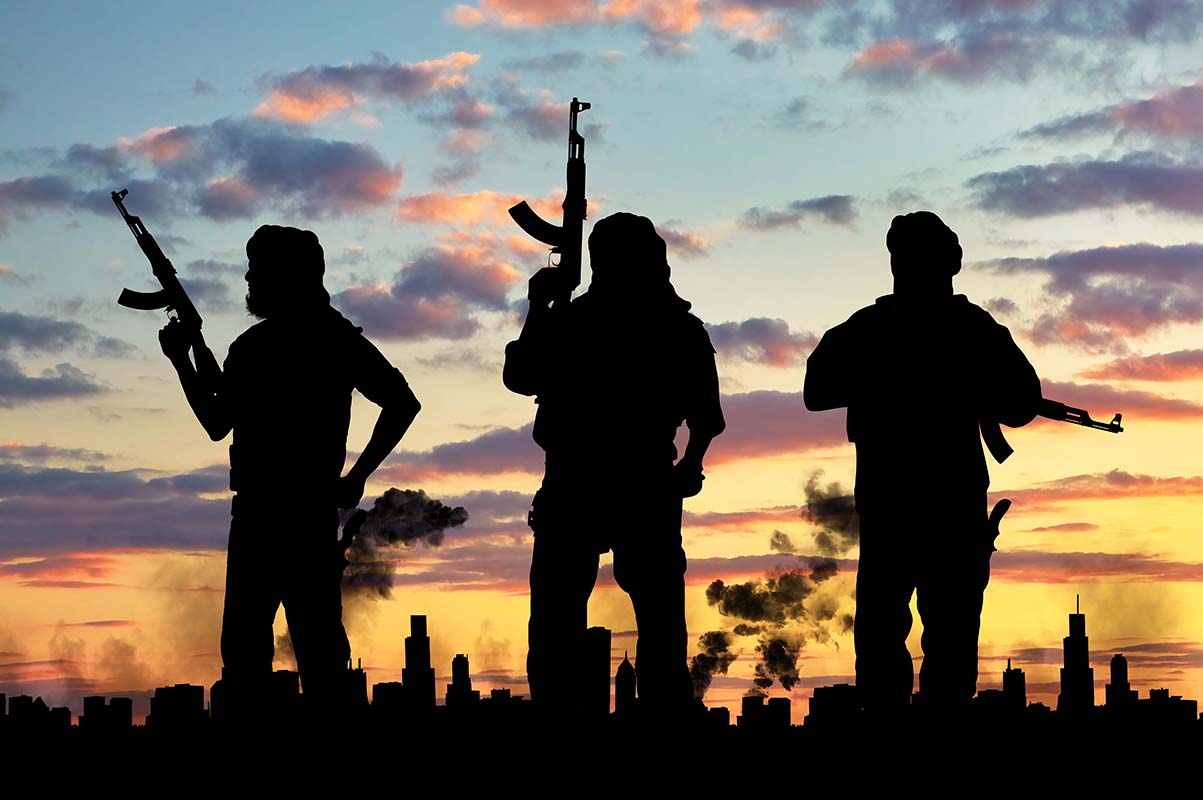ABUJA, Nigeria – Nigeria’s Defence Headquarters (DHQ) has confirmed the emergence of a new terrorist group, Lukarawa, which is actively recruiting members through social media platforms.
Authorities have reassured Nigerians that security forces are aware of the group’s operations and are taking proactive measures to curb its influence and prevent its expansion.
Lukarawa, believed to be based in Nigeria’s northern states of Sokoto and Kebbi, has begun utilising social media to attract recruits, focusing its appeal on young people by offering sermons and welfare incentives.
According to Maj. Gen. Edward Buba, Director of Media Operations at DHQ, this marks a strategic shift for the group, which previously relied on more localised recruitment efforts.

“The group has started utilising online platforms, showcasing sermons and offering welfare packages to entice potential recruits,” Maj. Gen. Buba stated.
“However, we are fully aware of their plans, and our forces are actively working with other security agencies and state governments to counter their efforts.”
In recent weeks, Sokoto and Kebbi have experienced an uptick in violent incidents attributed to Lukarawa.
The latest occurred last Friday in Mera town, Kebbi State, where militants launched an assault during Friday Jumaat prayers, resulting in the deaths of at least 15 people and the theft of over 100 cattle.
The escalation in violence has unsettled communities across the region, heightening fears over the group’s growing presence.
While Lukarawa is regarded as a new force, former Department of State Services (DSS) Director Mike Ejiofor clarified that the group has roots dating back to 2018, when it first operated in neighbouring Niger Republic.
Following the death of its founder, Nassala, the group gradually migrated into Nigeria, establishing a foothold in Sokoto.
Ejiofor downplayed the group’s current capability to threaten national security, emphasising that its numbers remain limited.
“Although they have been operating in the region for some time, their numbers are still small, and they have not grown to the point where they can pose a significant threat to national security,” Ejiofor explained.
“Our intelligence agencies have been monitoring their activities closely.”
Ejiofor underscored the importance of robust intelligence and local cooperation in curbing Lukarawa’s recruitment efforts.
He appealed to community members to report suspicious activities, stressing that vigilance and local engagement are critical in preventing the group’s further spread.
“This group is still small, but we cannot afford to be complacent,” he added.
“The community has a vital role to play in supporting security efforts. Reporting suspicious movements and activities is key to stopping these groups from spreading.”
The DHQ has reassured the public that security forces remain alert and will take all necessary steps to safeguard lives and property.







